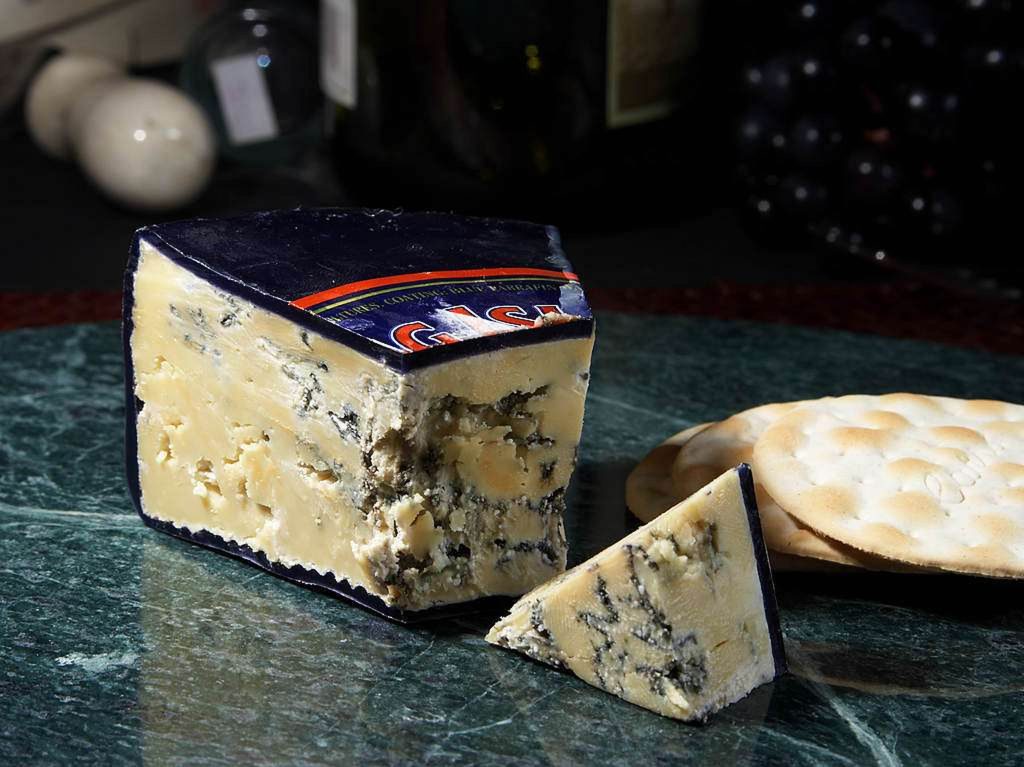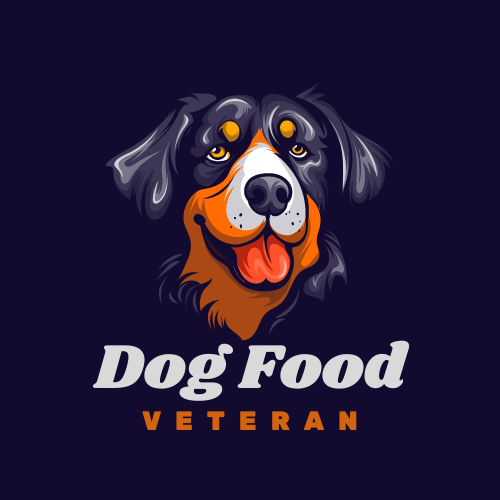I cringed when I saw this question somewhere because if there’s any food your dogs should never have, it’s blue cheese. That’s because eating blue cheese can pose serious risks to your pets due to the presence of toxic substances and potential adverse reactions.

Why is Blue Cheese Bad for Dogs?
There are so many reasons I won’t recommend feeding your dogs blue cheese and these are some of them:
Fungus: The blue mold (Penicillium roqueforti) used in making blue cheeses like Roquefort, Gorgonzola, and Stilton produces a mycotoxin called roquefortine C. This mycotoxin can be toxic to dogs and if they consume a food containing it, it can induce vomiting, diarrhea, and even seizures.
Lactose Intolerance: Most dogs are lactose intolerant, meaning they lack the enzyme (lactase) required to properly digest the lactose (milk sugar) present in cheese and other dairy products. So when they consume cheese, it will mess with their stomach and you’ll witness conditions such as diarrhea, gas, and abdominal discomfort.
High Fat Content: Blue cheeses, like most cheese varieties, are high in fat and their consumption can potentially lead to pancreatitis (inflammation of the pancreas) in dogs. The symptoms of this serious and painful condition include vomiting, abdominal pain, and dehydration.
Symptoms of Blue Cheese Poisoning
If your dog ingests blue cheese, you may notice the following symptoms:
- Vomiting
- Diarrhea
- Abdominal pain
- Loss of appetite
- Lethargy
- Tremors
- Seizures
- Neurological issues (due to the toxic effects of the roquefortine C mycotoxin)
What to Do If Your Dog Eats Blue Cheese
Act Quickly: If your dog has consumed blue cheese, I recommend seeking your vet’s attention immediately for prompt medical intervention. It’s the best way to prevent or, at least, minimize the risk of severe complications.
Monitor Your Dog: In the meantime, closely monitor your dog for any sign of discomfort such as vomiting, diarrhea, abdominal pain, lethargy, tremors, or seizures. Even if your dog appears fine initially, I still advise that you contact your veterinarian and inform them of the situation, as toxic effects may manifest later on. Your vet may recommend bringing your dog in for an examination and appropriate treatment, which could include inducing vomiting, administering activated charcoal to bind toxins, or providing supportive care.
Safe Alternatives to Blue Cheese For Your Dogs
Instead of feeding your dog blue cheese, give it these:
- Commercial dog treats: These are specially formulated for your dogs’ nutritional needs and I recommend high-quality, low-fat options without artificial preservatives or flavors.
- Small amounts of plain, unseasoned fruits and vegetables like carrots, green beans, apples (without seeds), or banana slices. These will make healthy, low-calorie treats for most dogs.
Conclusion
The takeaway from this is you should avoid blue cheese completely. The mold, lactose, and fat content are screaming red flags for your dogs’ well-being, and if, by any chance, they consume it, please take them to the vet at once. When you act quickly and seek professional medical advice, it will prevent or reduce the negative effects of blue cheese poisoning in your dogs.
Read More: What Can Dogs Eat for Breakfast?

